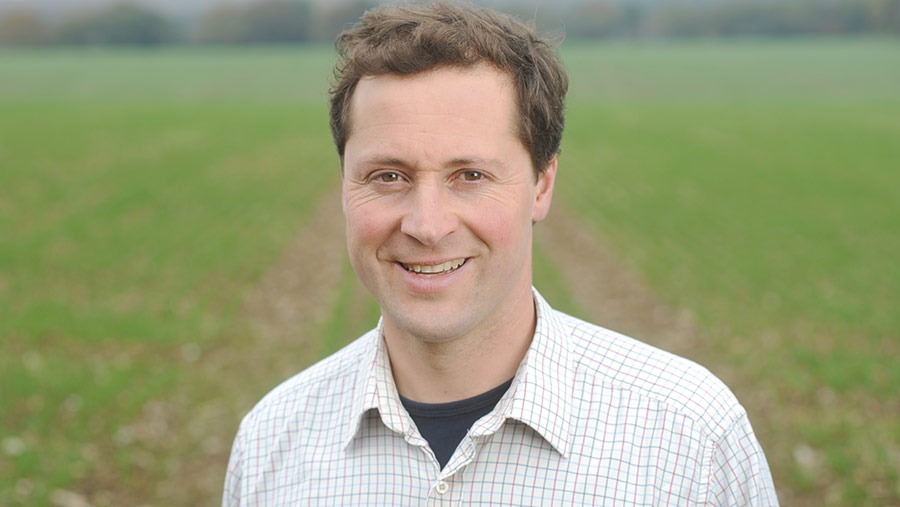Play all audios:
© Hugh Nutt I have started taking an unhealthy interest in the rain meter on my weather station. Recent rainfall is probably too little, too late and we are already adjusting remaining
inputs to match an anticipated lower yield. With milling wheat premiums in single figures, we are also cherry-picking stronger crops for milling grade and downgrading the remainder for feed
markets. It costs us £7/t to achieve higher proteins. Oilseed rape crops have flowered uniformly and looked strong. Spring barley looks thirsty – I’m concerned fertiliser uptake may have
been critically delayed which may upset malting nitrogen levels through lower yields. See also: Read more from our Arable Farmer Focus writers In a dry season, the move to more spring
cropping to assist farm blackgrass control looks less clever. All in all the gloss is already being taken off harvest 2017. The shape of the eventual Brexit deal and its implications for
British agriculture are becoming a little easier to ascertain. LIFE WITH LESS SUBSIDY? There seems to be a general consensus now that UK subsidy support will likely be much reduced and
probably leaning towards environmental payments. I personally suspect some form of payment capping is also inevitable with the current largest payments difficult to defend. It also seems
likely some level of tariff on produce exported to the EU will be applied. How should we adapt? What will these changes do to UK farm sizes? Will farmers have to co-operate more with
amalgamated units or will smaller well-diversified family units be more successful? Will land and rents values fall with lower incomes? Land continues to be a popular investment for foreign
buyers and non-farmers with large rollover sums to invest; perhaps this will continue to underpin markets whatever happens to incomes. Some readjustment seems inevitable to me but the way
farm business tenancies are structured will probably give a delayed response. We all need to form our own opinions about these likely changes and start planning accordingly. With yet another
general election coming up, I will be looking closely at party manifestos. On my wishlist will be a clear plan for a new national food strategy, some form of re-instated seasonal worker’s
scheme and re-adoption of risk-based scientific decision-making. ------------------------- _David Butler farms just south of Marlborough in Wiltshire in partnership with his parents. He also
runs a contracting company and farms about 870ha of combinable crops alongside a herd of 280 dairy cows._

